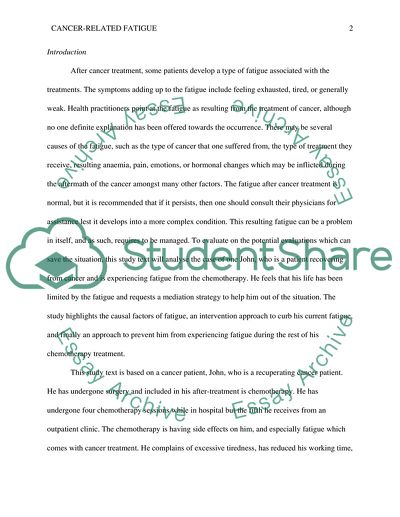Cite this document
(Cancer-Related Fatigue - Physiological Background and Methods of Deliv Term Paper, n.d.)
Cancer-Related Fatigue - Physiological Background and Methods of Deliv Term Paper. Retrieved from https://studentshare.org/health-sciences-medicine/1655399-academic-essay-on-fatigue
Cancer-Related Fatigue - Physiological Background and Methods of Deliv Term Paper. Retrieved from https://studentshare.org/health-sciences-medicine/1655399-academic-essay-on-fatigue
(Cancer-Related Fatigue - Physiological Background and Methods of Deliv Term Paper)
Cancer-Related Fatigue - Physiological Background and Methods of Deliv Term Paper. https://studentshare.org/health-sciences-medicine/1655399-academic-essay-on-fatigue.
Cancer-Related Fatigue - Physiological Background and Methods of Deliv Term Paper. https://studentshare.org/health-sciences-medicine/1655399-academic-essay-on-fatigue.
“Cancer-Related Fatigue - Physiological Background and Methods of Deliv Term Paper”, n.d. https://studentshare.org/health-sciences-medicine/1655399-academic-essay-on-fatigue.


